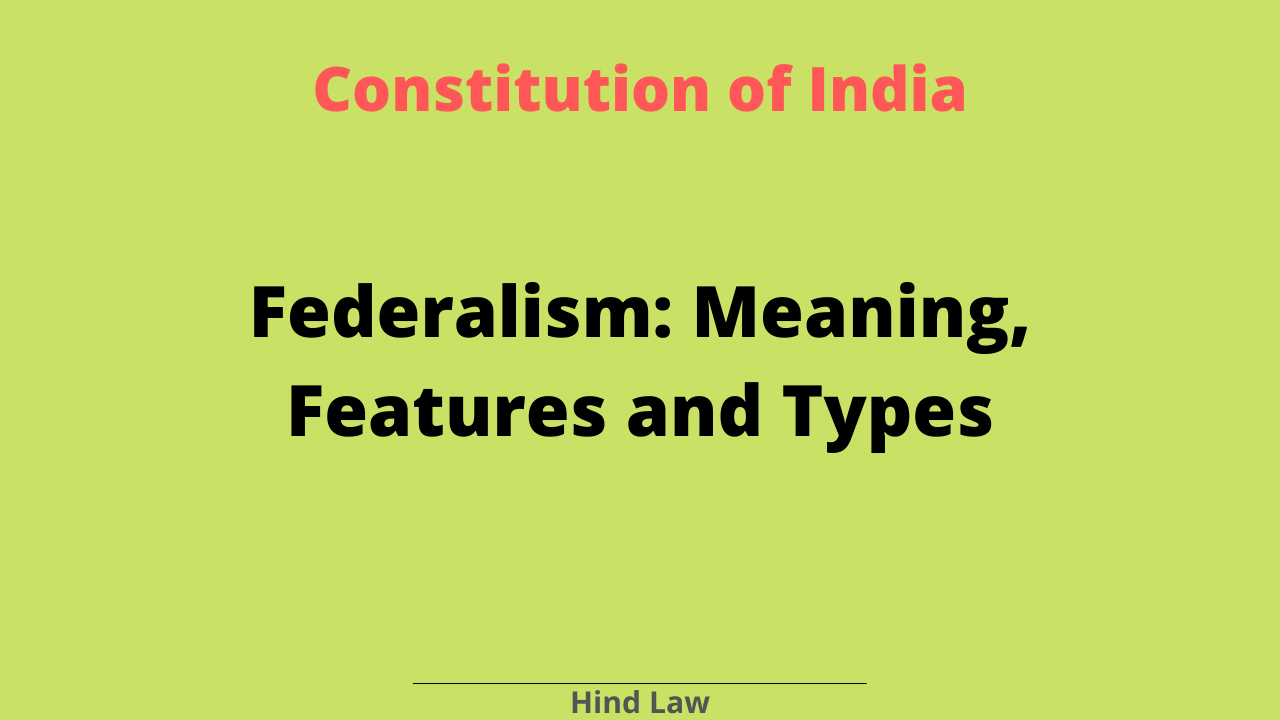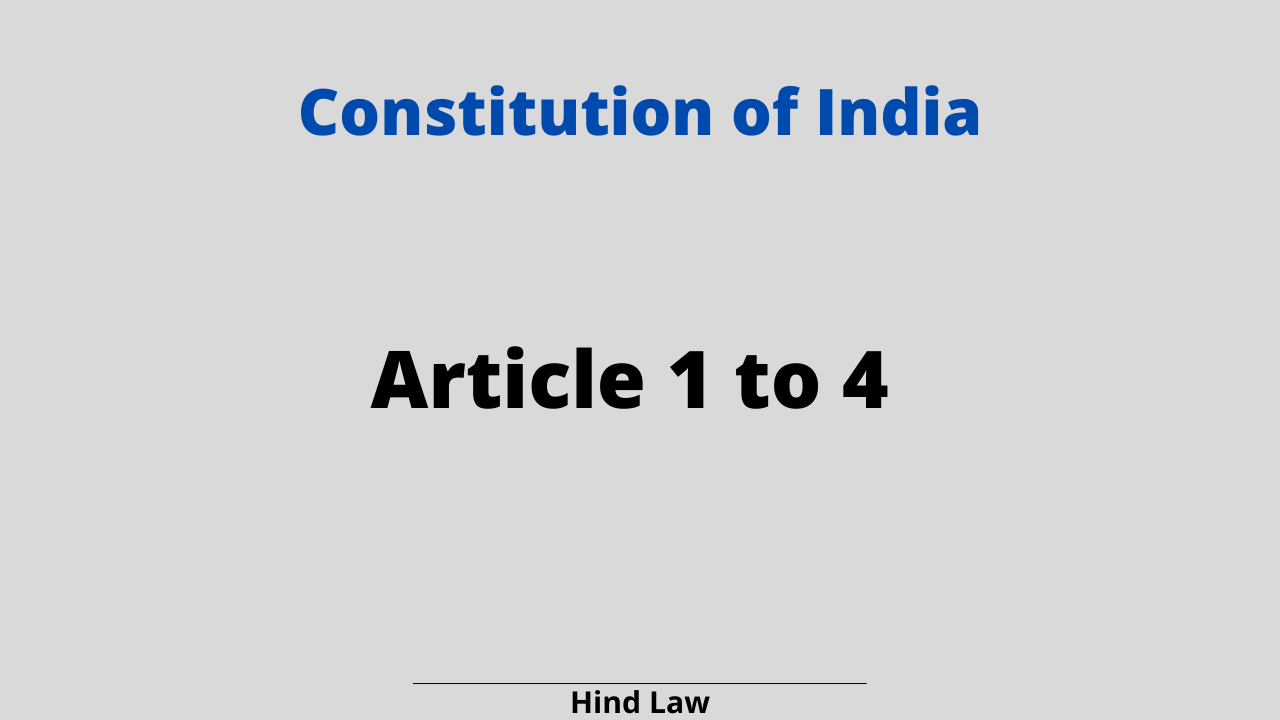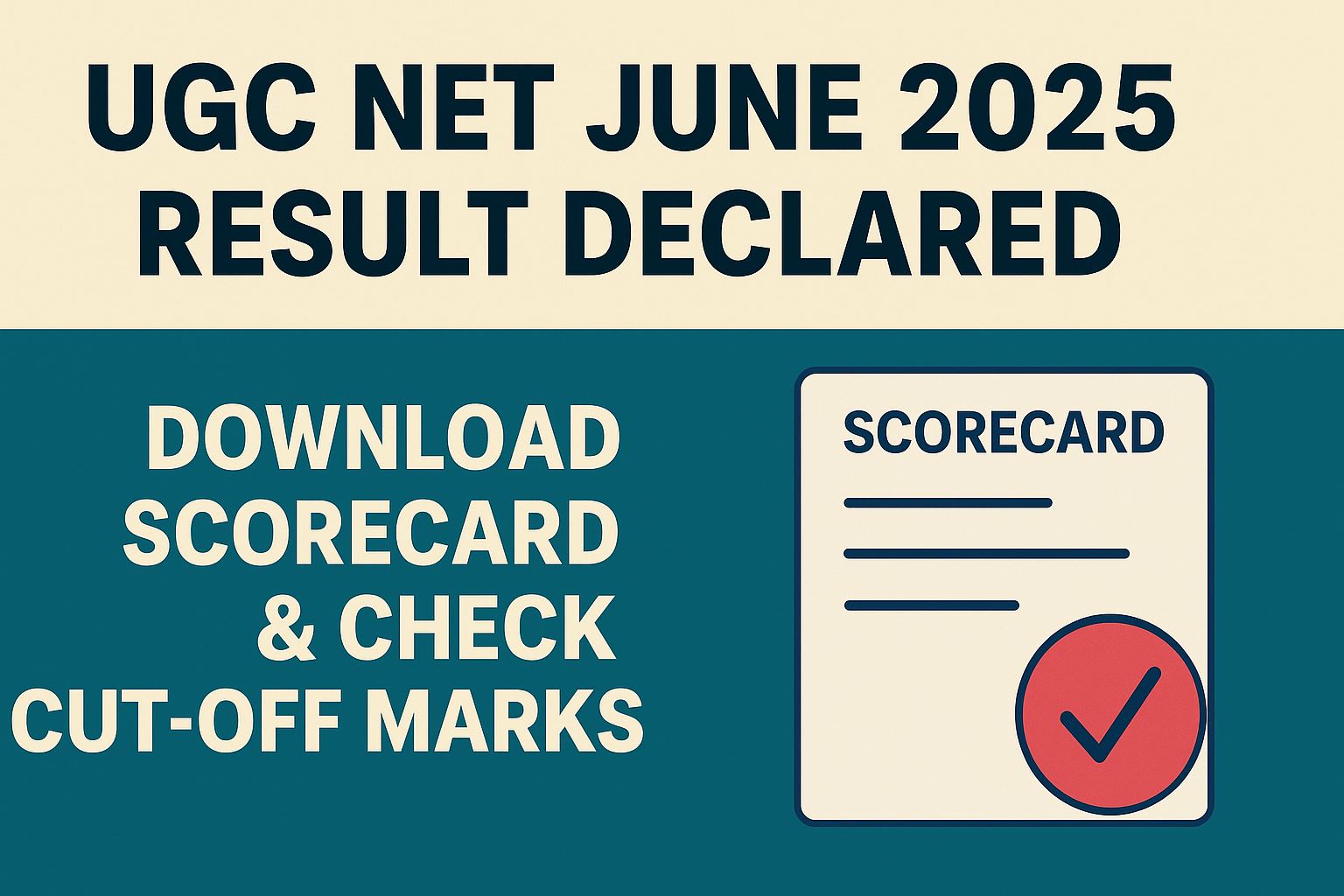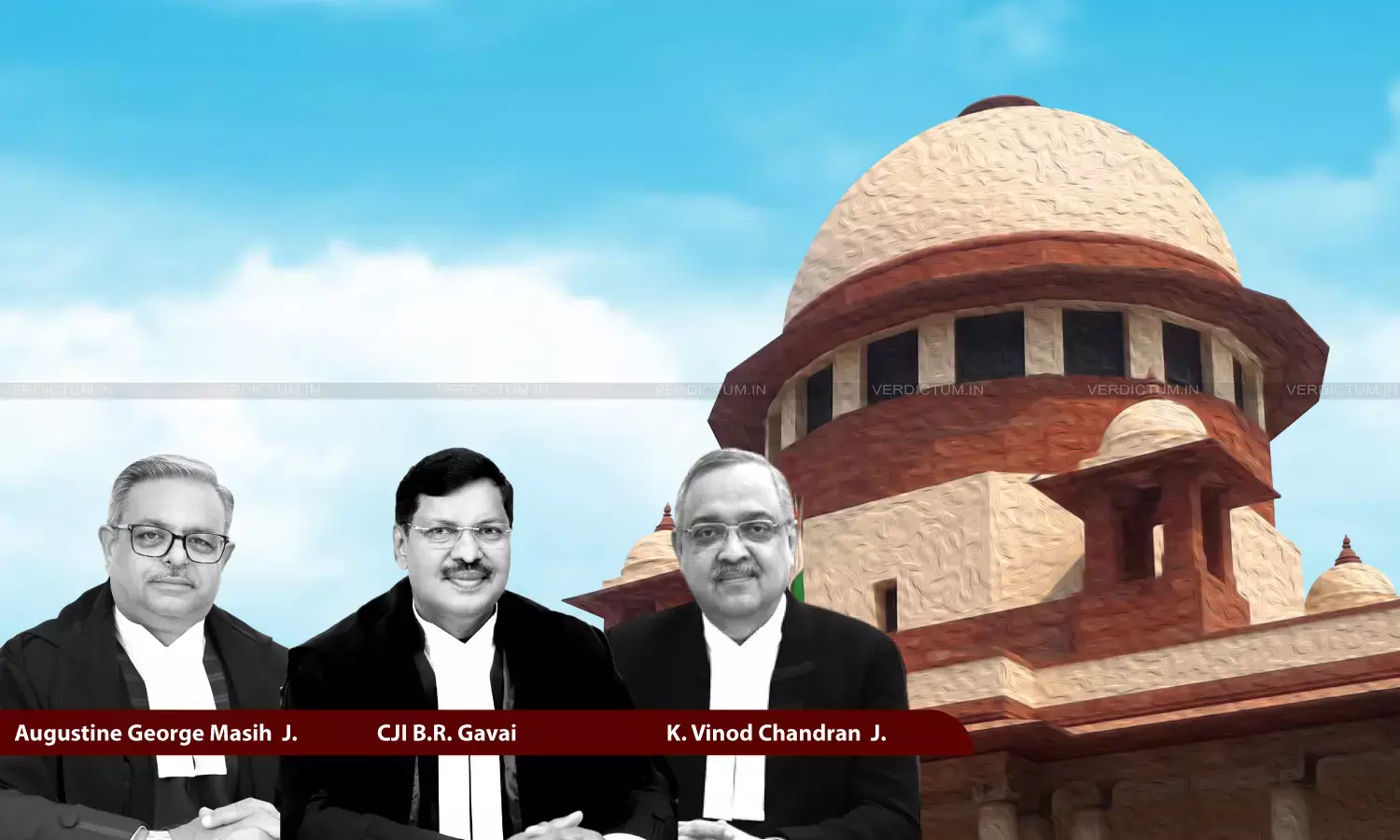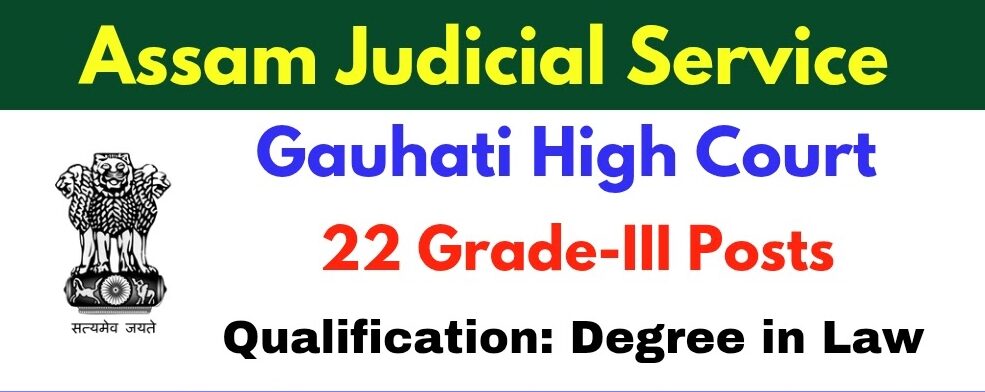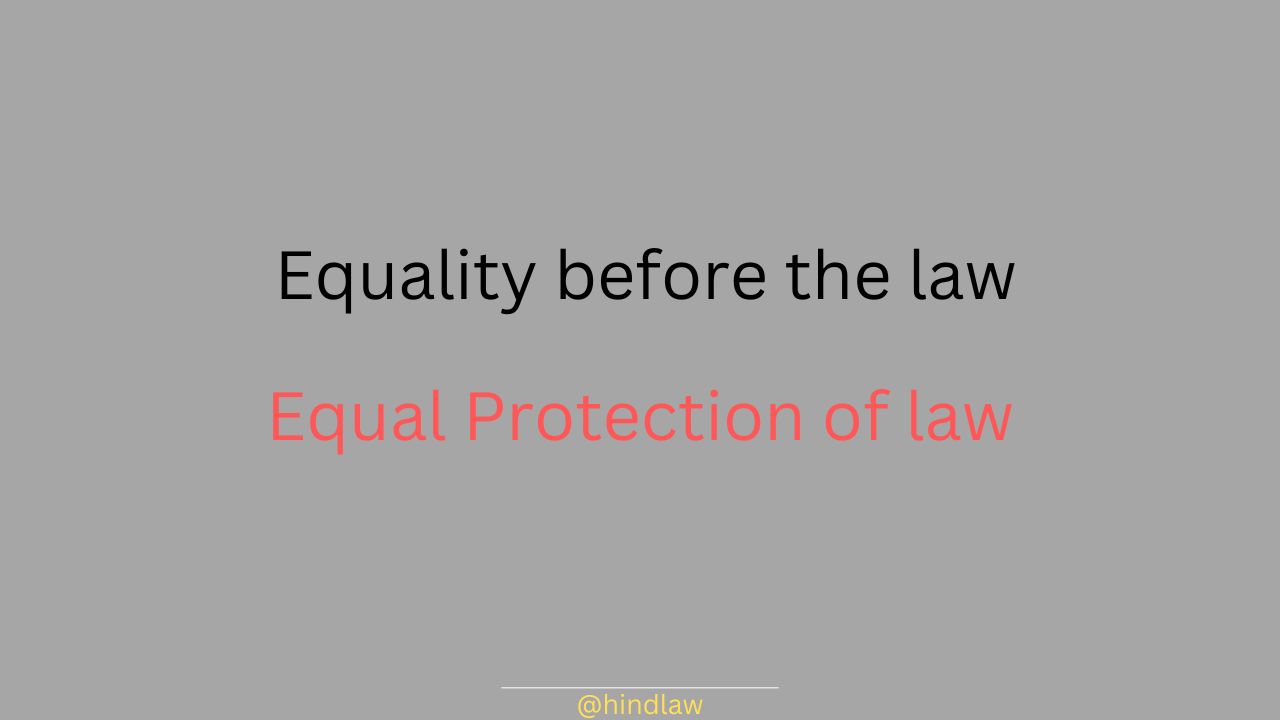Table of Contents
In our daily lives, we have heard terms or words like mortgage, pledge, and hypothecation but seems difficult to figure out the differences between them as they are used interchangeably by common people even by individuals who know the law. While these terms might sound similar, they represent different ways of using assets(immovable or immovable property) as collateral(security) against debt.
Understanding these differences is crucial for both borrowers and lenders.
Mortgage
Definition: A mortgage is a legal agreement that grants the mortgagee/lender/creditor a secured interest in a specific immovable property (typically land or buildings) as security for the loan given to the mortgagor/borrower/debtor.
The possession and ownership of the property are in the hands of the mortgagor(who has taken the loan) until the loan is fully repaid. And if he is unable to pay back the loan amount then the mortgagee sells his property to recover the specific amount.
- Example: You take out a loan of 10 lac and keep your house as security. The house becomes the mortgaged property, and the lender can sell the mortgaged property if the loan is not paid.
Pledge
Definition: A pledge involves the physical delivery of movable property or assets (e.g., jewelry, stocks) to the lender as security for the loan.
Possession: The lender takes possession of the pledged property until the loan is repaid.
- Example: You borrow money from a pawnshop and pledge your gold necklace as security. The pawnshop keeps the necklace until you repay the loan and reclaim it.
Hypothecation
Definition: Hypothecation creates a charge on a movable asset without physically transferring possession to the lender.
Possession: The borrower retains possession and use of the hypothecated asset.
- Example: You borrow money against your vehicle like a car. The lender holds a charge on the car, but you can continue to use and enjoy it the same as earlier, in case you default, the lender can claim ownership of the car to recover the outstanding debt.
Conclusion
Understanding the differences between mortgage, pledge, and hypothecation empowers individuals to make informed decisions when seeking loans and using assets as collateral. It also helps them to choose wisely which type of loan they are required to take depending upon their circumstances.




